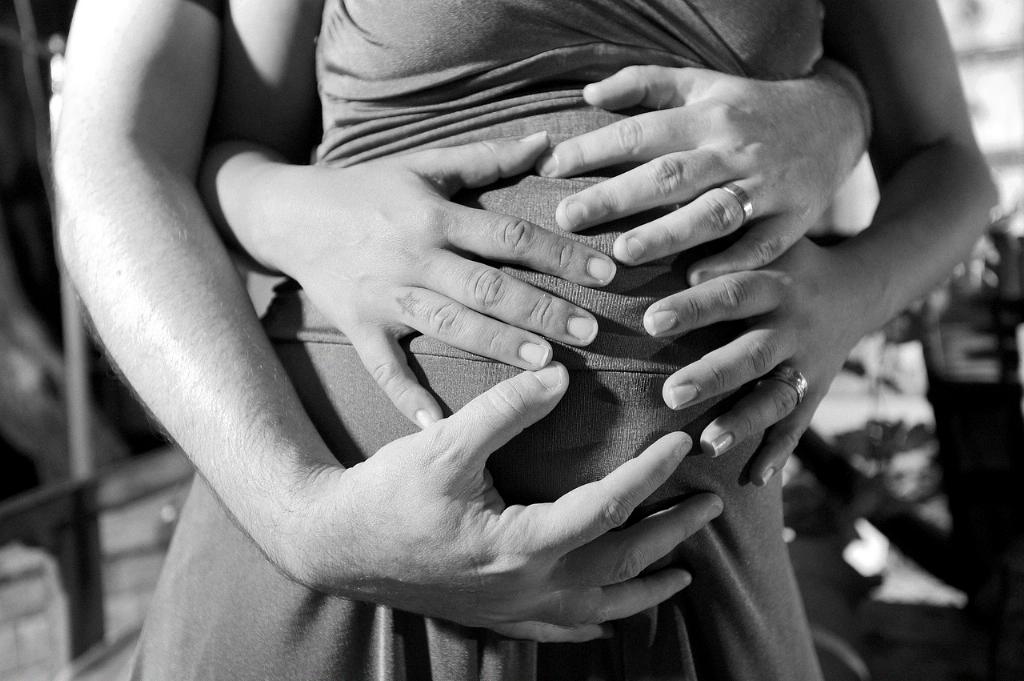When it comes to determining what week you are actually pregnant, it’s essential to consider how pregnancy is dated. Contrary to what many may think, your pregnancy weeks are counted from the first day of your last menstruation cycle. This means that in the initial two weeks of this timeline, your body is not yet pregnant but is preparing for ovulation.
Week 1: Menstruation
The first week of this pregnancy timeline begins on the first day of your period. While you may not be pregnant during this time, your body is going through the normal menstrual cycle process. The lining of your uterus sheds, marking the beginning of a new cycle.
Week 2: Preparing for Ovulation
During the second week of your pregnancy timeline, your body is gearing up for ovulation. Your ovaries are preparing to release an egg, and this period is crucial for conception to occur. Though you are not technically pregnant yet, this phase sets the stage for fertilization.
Week 3: Conception and Implantation
By the third week of your pregnancy timeline, ovulation typically takes place. If an egg is fertilized by sperm during this time frame, the process of conception occurs. The fertilized egg then travels to the uterus for implantation and begins to develop into an embryo.
Week 4-5: Early Pregnancy Signs
During weeks four to five, you may start experiencing early signs of pregnancy, such as fatigue, nausea, or breast tenderness. This period is crucial for the embryo’s development, as it implants itself into the uterine lining and forms the basis of the placenta.
Week 6-8: Baby’s Development
Between the sixth and eighth weeks of your pregnancy, the embryo grows rapidly and starts to take on a more recognizable form. Organs begin to develop, and the embryo is now referred to as a fetus. This period is vital for the baby’s growth and development.
Week 9-12: First Trimester Milestones
As you enter the ninth to twelfth weeks of your pregnancy, you may reach various milestones, such as your first ultrasound and hearing your baby’s heartbeat. During this time, the fetus continues to grow, and its features become more defined.
Week 13-16: Second Trimester Begins
Between weeks thirteen and sixteen, you transition into the second trimester of your pregnancy. You may start feeling more energetic and experience fewer early pregnancy symptoms. This period is marked by continued fetal growth and development.
Week 17-20: Baby’s Movements
By weeks seventeen to twenty, you may begin to feel your baby’s movements for the first time, known as quickening. These gentle flutters signify your baby’s increasing activity and a significant milestone in your pregnancy journey.
Week 21-24: Viability Milestone
During weeks twenty-one to twenty-four, your baby reaches a crucial milestone of viability, meaning they have a chance of surviving outside the womb with medical intervention. This period marks a significant step in your baby’s development.
Week 25-28: Third Trimester Approaches
As you progress to weeks twenty-five to twenty-eight, you are nearing the third trimester of your pregnancy. Your baby’s growth continues, and you may start preparing for childbirth by attending prenatal classes and discussing birth plans with your healthcare provider.
Week 29-40: Final Stretch
In the remaining weeks of your pregnancy timeline, your body undergoes significant changes to accommodate your growing baby. Your healthcare provider will monitor your progress closely as you prepare for labor and delivery, marking the culmination of your pregnancy journey.

